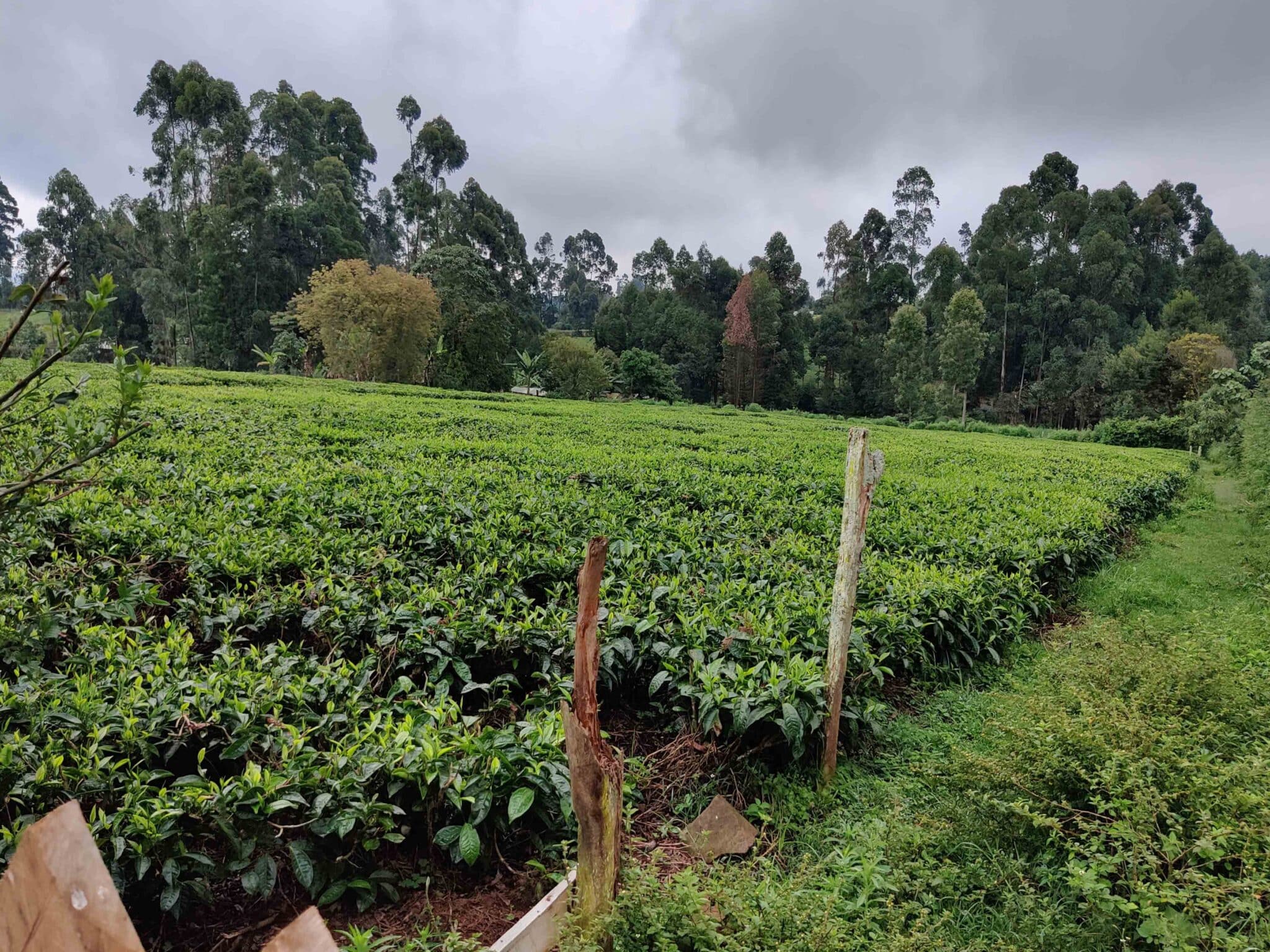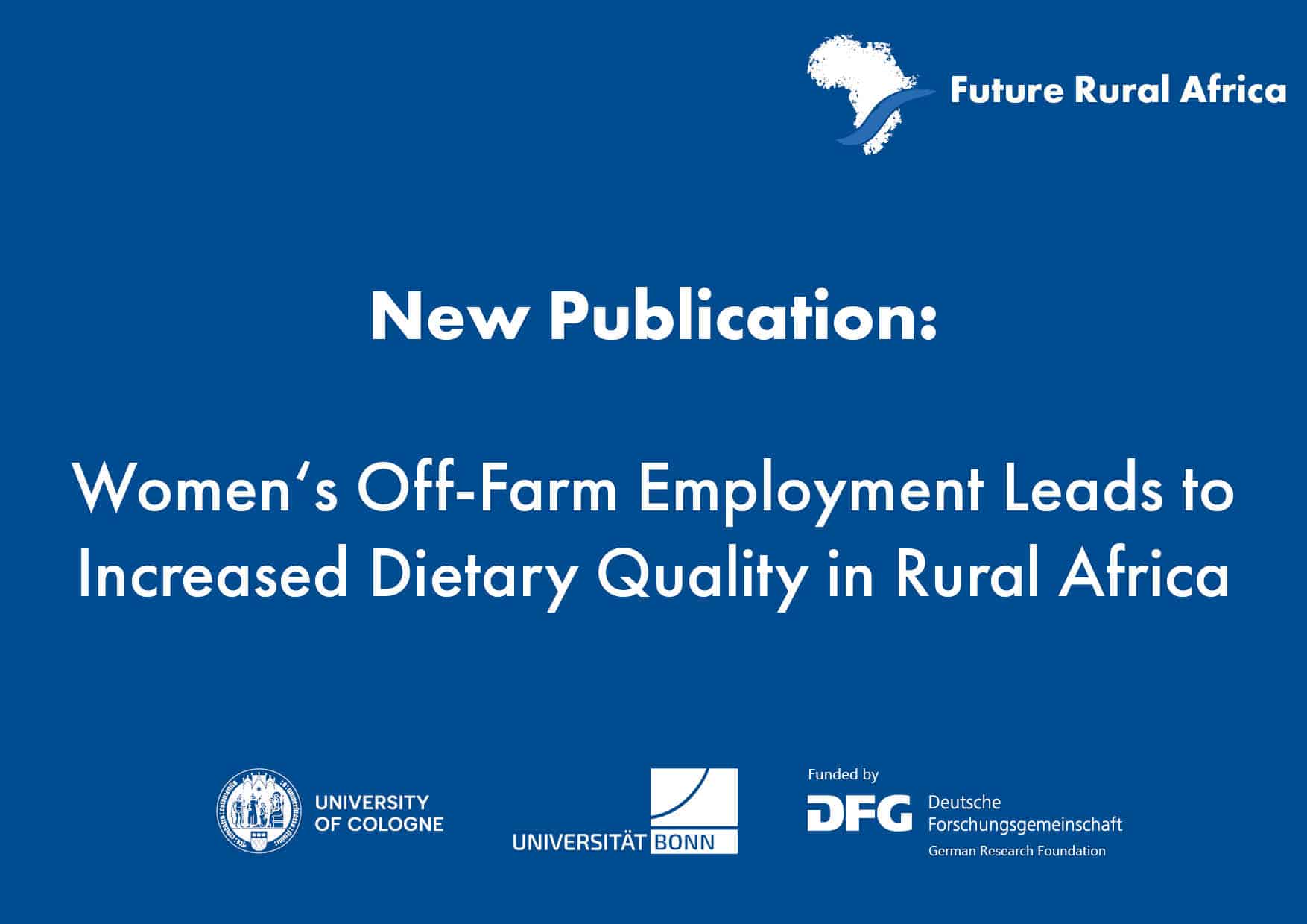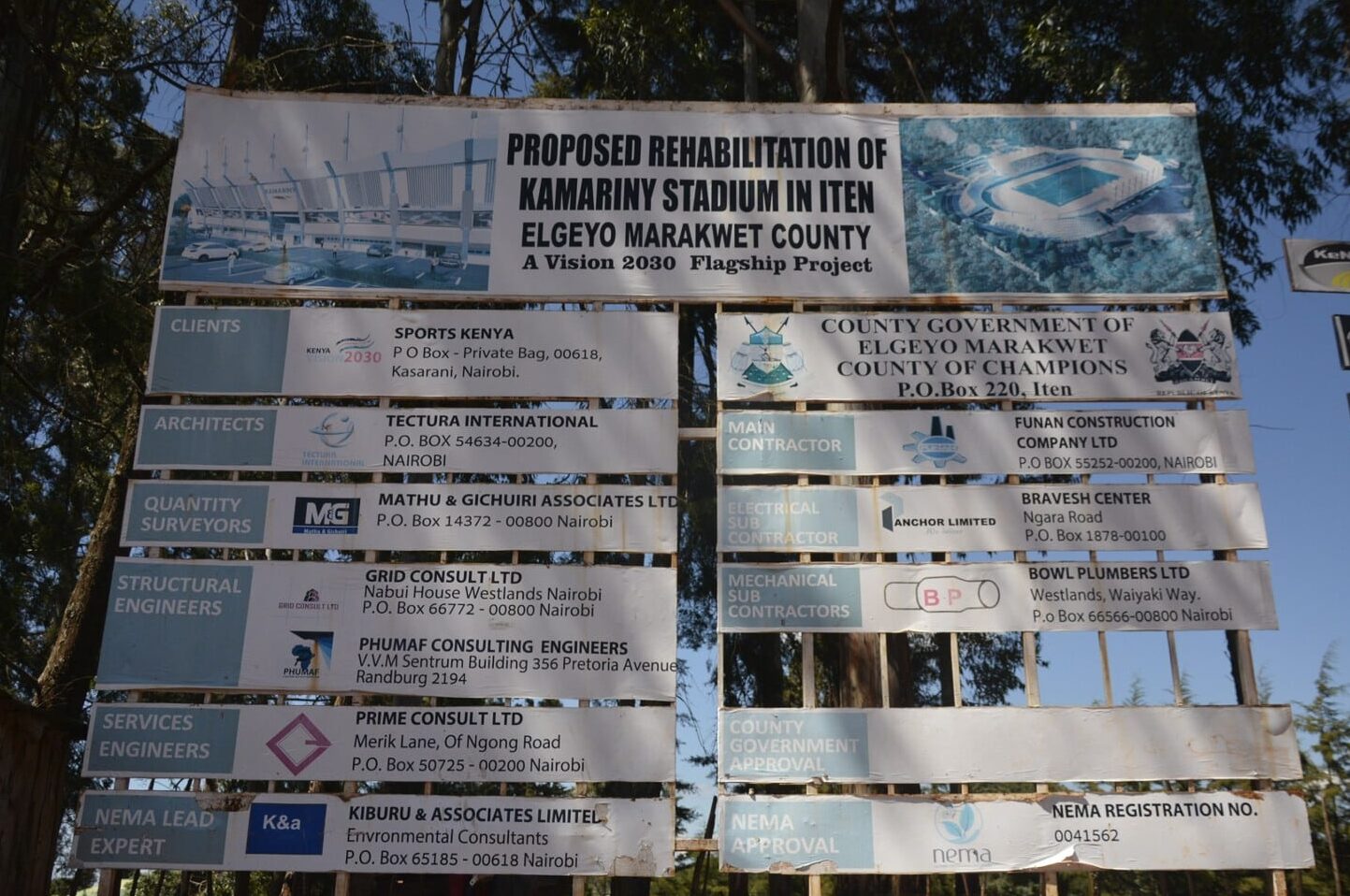In their latest publication, Chrispinus Mutsami, Martin C. Parlasca, and Matin Qaim (Project C08 “Job Futures”) examine rural livelihoods in Kenya, Namibia, Tanzania, and Zambia, finding that off-farm income sources—such as self-employment and wage work—now make up the majority of household income, especially among wealthier households. It challenges the traditional view of agriculture as the primary income source and calls for greater policy focus on inclusive off-farm employment opportunities.
Evolving Farm and Off-Farm Income Sources and Jobs in Rural Africa
By Chrispinus Mutsami, Martin C. Parlasca, and Matin Qaim
Abstract
Livelihood sources in rural Africa are diverse and dynamic. Using recent primary survey data from four African countries—Kenya, Namibia, Tanzania and Zambia—we consider regions with different conditions related to climate, agroecology, infrastructure and nature conservation to analyse the role of various income sources for households and individuals. Although most rural households are involved in small-scale farming, we challenge the conventional notion that own agricultural activities still constitute the main source of income. On average, off-farm sources—including wage employment, self-employment, remittances, and transfers—account for 60% of total household income. The off-farm income share increases with total income, meaning that the poorest households are the ones most dependent on agriculture. These patterns are similar across all four countries. Most off-farm employment involves self-employed activities in small informal businesses. More lucrative formal employment opportunities are rare and mostly pursued by individuals with post-secondary education and training. Men are more likely to be involved in wage employment than women. Furthermore, individual social networks and access to road and market infrastructure are positively associated with off-farm employment. The important role of off-farm jobs for rural development should receive more policy attention. Larger investments into generating inclusive non-agricultural employment opportunities are needed.
Reference
Mutsami, C., Parlasca, M., Qaim, M. 2025. Evolving Farm and Off-Farm Income Sources and Jobs in Rural Africa. Journal of International Development 37, no. 6: 1367–1380. DOI






